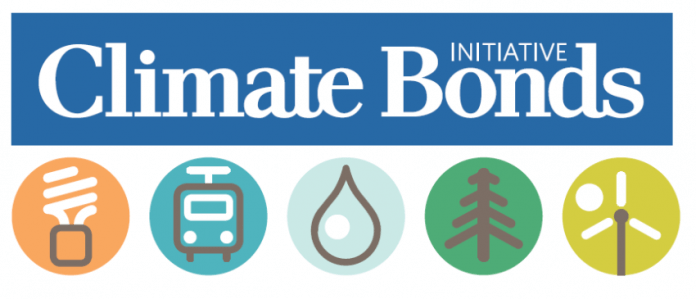The Climate Bonds Initiative. supported by HSBC, have launched the ASEAN Green Finance State of the Market 2019 report. The report is an analysis of the issuance of green bonds and green loans in Southeast Asia.
According to the report, global volume of green bond and loan issuance rose sharply by over 50 percent from USD171 billion in 2018 to USD258 billion in 2019. The hike was buoyed by strong interest from both investors and issuers.
ASEAN issuance has also almost doubled, reaching USD7.8 billion in 2019 from USD4.1 billion in 2018, supported by new regulations and guidelines.
Two-thirds of the proceeds were allocated to the Buildings and Energy sector.
2019 further saw the rise of Singapore as a regional leader contributing to 55 percent of the ASEAN green debt issuance in 2019, up from 29 percent in 2018.
Financial corporates have become the largest issuer type of green bonds in ASEAN, representing 29 percent of the total, overtaking non-financial corporates with 27 percent and sovereign issuers with 15 percent.
Green loans also feature strongly in Southeast Asia, with USD2.9 billion issued, representing 22 percent of the total, largely related to Singapore’s real estate sector.
“It’s heartening to see that green instruments are on the rise in Southeast Asia as it demonstrates that the region is responding to issues linked to environmental degradation. However, the findings also reveal the disparity between nations and the enormous amount of work still to be done. There is no doubt that our exposure to sustainability issues and climate change has the potential to inflict even greater disruption on societies than that which they have to date,” said Jonathan Drew, Managing Director, Sustainable Finance, HSBC Asia Pacific
Some of the significant transactions that took place last year included, the first perpetual green bond in ASEAN, issued by AC Energy, a subsidiary of the Ayala Group in the Philippines. Listed on the Singapore Exchange, proceeds of the $400 million bond will go towards solar, wind and geothermal projects
The first green bond under Thai Securities and Exchange Commission (SEC) green bond notification was achieved by BTS Group in Thailand, who in turn received a subsidy for the listing fees from the SEC.
Telekosang Hydro One Sdn Bhd in Malaysia had issued the first mini hydro sukuk, and another significant transaction was the Bank of the Philippines raising CHF100m in the Swiss markets at a coupon of 0 percent and a yield of -0.02 percent, the first negative-yielding green bond in the region.
The Asian Development Bank (ADB) has also introduced the Technical Assistance (TA) programme in March this year to create the necessary ecosystems for green local currency bonds for infrastructure development in ASEAN+3 (ASEAN plus China, Japan and South Korea).
One of the initiatives under the programme aims to promote the use of the ASEAN+3 Multi-Currency Bond Issuance Framework, a common regional bond issuance programme that allows issuers to issue bonds in multiple jurisdictions through universal procedures.
To date, seven markets have already adopted ABMIF, namely Cambodia, Hong Kong, Japan, Malaysia, Philippines, Singapore, and Thailand.
“This is Asia’s century, without a doubt. And it’s looking like it will be a green bonds century. Citizens know this has to be a green era – from Jakarta to Delhi to Beijing. Some governments are now acting, in Europe, China and Singapore. These policy shifts will have an impact. Regional governments, companies and banks have to get ahead of that wave of change,” said Sean Kidney, Chief Executive Officer, Climate Bonds Initiative.
He further adds that with ongoing climate changes, this requires heightened investment in adaptation and resilience: health systems, social protection, along with coastal protection and water management. All fundable with bonds in the fastest growing asset class on the planet, green bonds.









